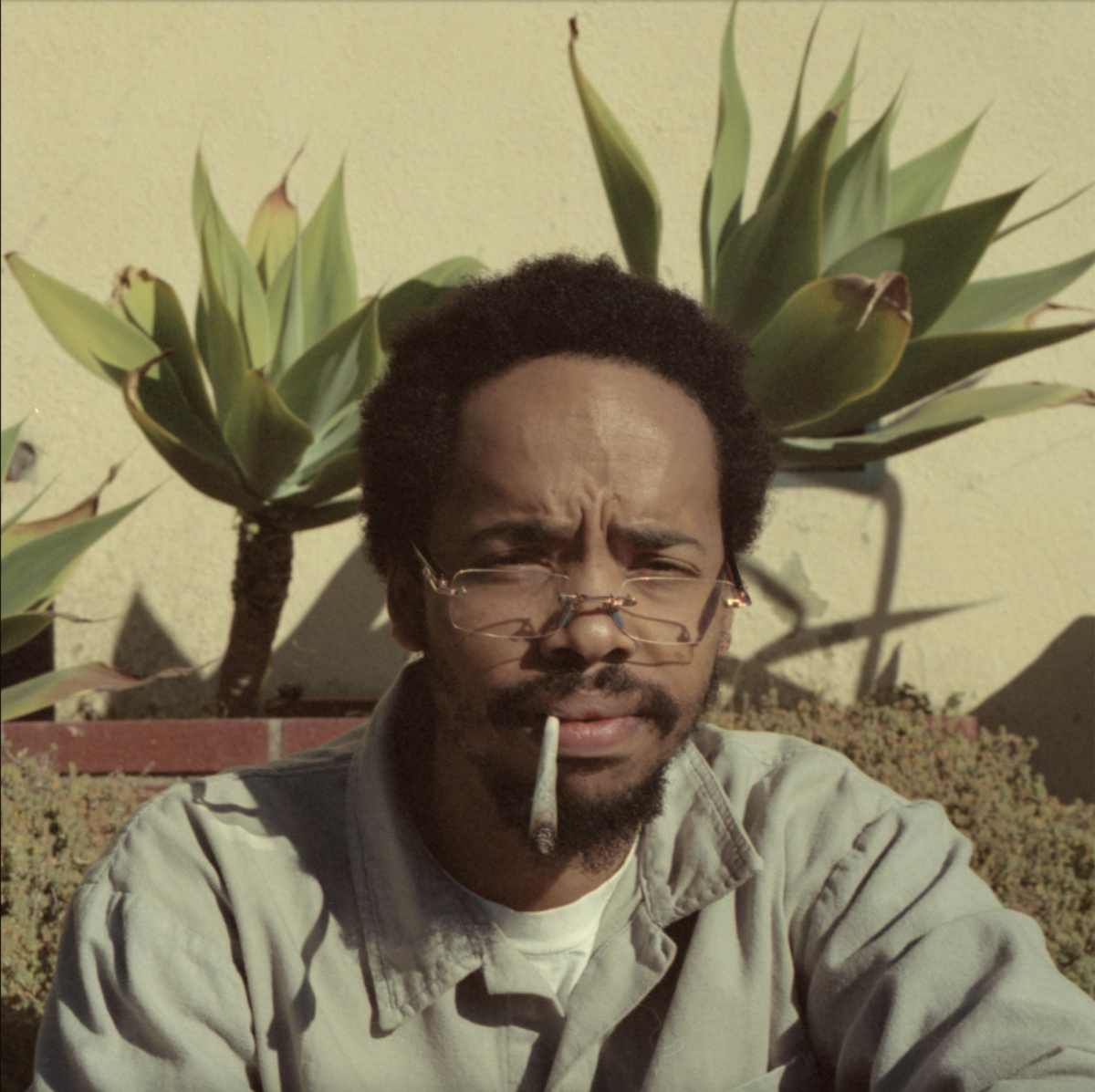Hearts raced as the audience swooned over the Grammy award winning Takács Quartet who performed three compositions Thursday night at the San Jose State Concert Hall.
The quartet is composed by violinists Edward Dusinberre and Harumi Rhodes, violist Richard O’Neill and cellist András Fejér.
Based in Boulder at the University of Colorado, the Takács Quartet has played all around the world. They played in European venues including Edinburgh Festival Fringe, Schwetzingen Festival and Auditorio Nacional de Música.
A string quartet is composed of four string players and was a popular ensemble to compose for during the mid-18th century.
“Colorful, warm and intentional,” said music composition junior Dylan Gadoury. “Everything they did was intentional.”
“They are specialists in Beethoven, which is why we invited them here,” said Director of the Ira F. Brilliant Center for Beethoven Studies Erica Buurman. “They’ve recorded all the Beethoven string quartets.”
Founded in 1983, the Beethoven Center at SJSU is the largest collection of Beethoven materials in North America. The center serves as a museum and archive for scholars and musicians.
Buurman said she knew she wanted to bring Takács Quartet to San Jose before her first days working on campus, after joining the center in 2019.
“I was still living in the U.K. and I met the quartet in London,” Buurman said. “That was the first connection, and since then there’s been a back and forth about rescheduling.”
She said the group had planned to play at SJSU in 2020, but canceled due to the coronavirus shelter in place.
“A challenge with a group like that is making it work with their schedule because they are booked up years ahead,” Buurman said. “We are very lucky to make this work.”
Buurman said she kept in contact with the quartet over Zoom during the height of the COVID-19 pandemic discussing Beethoven’s String Quartet No. 15 in A Minor, Op. 132.
“It’s safe to say that when the first audiences heard this piece they were shocked,” said Dusinberre, one of two violinists in the quartet. “To some extent, it is a very important spirit to keep in the music so that however many times we play that mysterious opening, somehow we should feel surprised by it and in awe of it.”
Dusinberre joined the group in July 1993, and said traveling with a quartet is exciting and inspiring when playing for audiences in new places.
“There’s a particular layer to rehearsing here in the middle of the Beethoven Center and thinking of the tremendous history and lineage that this place represents,” he said.
He was the first non-Hungarian to join the group, which now has several international members.
Dusinberre said it is the combination of traditions and innovations within the group that make it unique.
“What’s different about what we do is the chemistry and interactions between the four of us,” he said.
The Takács Quartet’s first piece was Fanny Mendelssohn Hensel’s String Quartet in E-flat Major.
Buurman said the composition was written in 1834 and was one of the first string quartets written by a woman. During that time, compositions by women weren’t common.
Historically, Felix Mendelssohn, Fanny’s brother, had much of the limelight.
After Fanny’s passing, Felix composed a quartet in F Minor in requiem for his late sister.
Dusinberre said the two had a strong musical relationship, something the Takács Quartet wanted to explore.
“Because of the times and prejudice, the idea of her being a professional music performer was completely out of the question,” Dusinberre said. “But she had this great talent and somehow against the odds found a way to express her voice – we wanted to bring that out.”
Dusinberre said Mendelssohn’s String Quartet in E-flat Major is highly expressive and dramatic, even having a melancholy slow movement that showcases daring changes in chord.
“It was very stimulating,” said software engineering senior Ekam Grewal. “I imagined a lot of action and thought it was very dynamic.”
Gadoury said they came together in high spirits and thought the performance was relaxing.
“It was my first time in the concert hall,” Grewal said. “If you see any events like this where you get to explore a new part of campus, go for it because you never know how it is going to make you feel.”
Dusinberre said audiences should not feel pressured to like the music, but instead asks listeners to be open and aware of how they react to the performance.
“To go to a concert, it might feel like you are just sitting there and these people are doing things on stage,” he said. “It’s not really that [. . .] music doesn’t exist without people to react and listen to it.”
Dusinberre’s book “Distant Melodies: Music in Search of Home” was written during the pandemic and helped him travel in his imagination, exploring the correlation between music and ideas of home.
“Many of us who care about music in certain ways use it to shape the stories of our lives,” Dusinberre said.






































